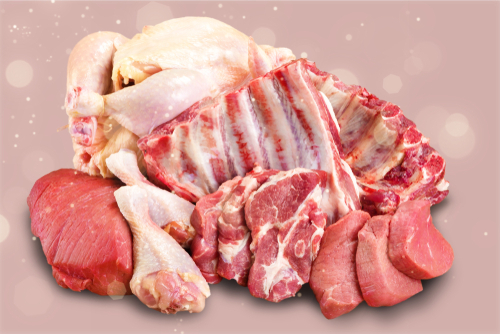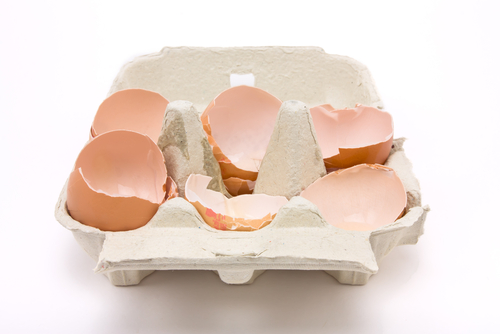It's rare that an article discussing the effects of tertiary butylhydroquinone in food is wildly entertaining. But that's certainly the case with a recent op-ed in the Montreal Gazette by Joe Schwarcz, the director of McGill University's Office for Science and Society. Countering trendy refrains that we should only eat food with fewer than five ingredients or that only have ingredients we can pronounce, Schwarcz refutes some of the hysteria surrounding processed food and takes on three of our least favorite food nannies.
On Michael Pollan:
So what are Chicken Mc-Nuggets really made of ? Chicken! Pollan provocatively implies that the nuggets are 56 per cent corn. Where does that number come from? Well, chickens are reared on corn, and Pollan calculates the amount of corn that is converted into chicken flesh, and adds to this the weight of other ingredients that are made from corn, such as the dextrose used in the batter, and comes up with the meaningless but attention-grabbing 56 per cent. Using this logic, we could all be described as being made of plants, since every bit of our flesh can be traced back to some plant product.
About Joseph Mercola:
"What do McDonald's Chicken McNuggets and Silly Putty have in common?" asks Mercola, who claims to have the most-visited health site on the Web. The answer is dimethyl polysiloxane, which is the major component of Silly Putty and is added as an anti-foaming agent to the oil used to fry the nuggets. Of course, Mercola's irrational implication is that you wouldn't want to eat something that is also found in Silly Putty. Ridiculous! Do we eschew salt because it is used to de-ice streets, or water because it is an essential ingredient of cement?
And of course, regarding Marion Nestle:
Marion Nestle, an accomplished nutrition professor and author, correctly dismisses the concerns about dimethyl polysiloxane and TBHQ, but she has advice about "not eating any food with ingredients you can't pronounce." Does that mean we shouldn't consume anything that contains 4-methylthiobutyl isothiocyanate or epigallocatechin gallate? We would have to give up cabbage and tea.




